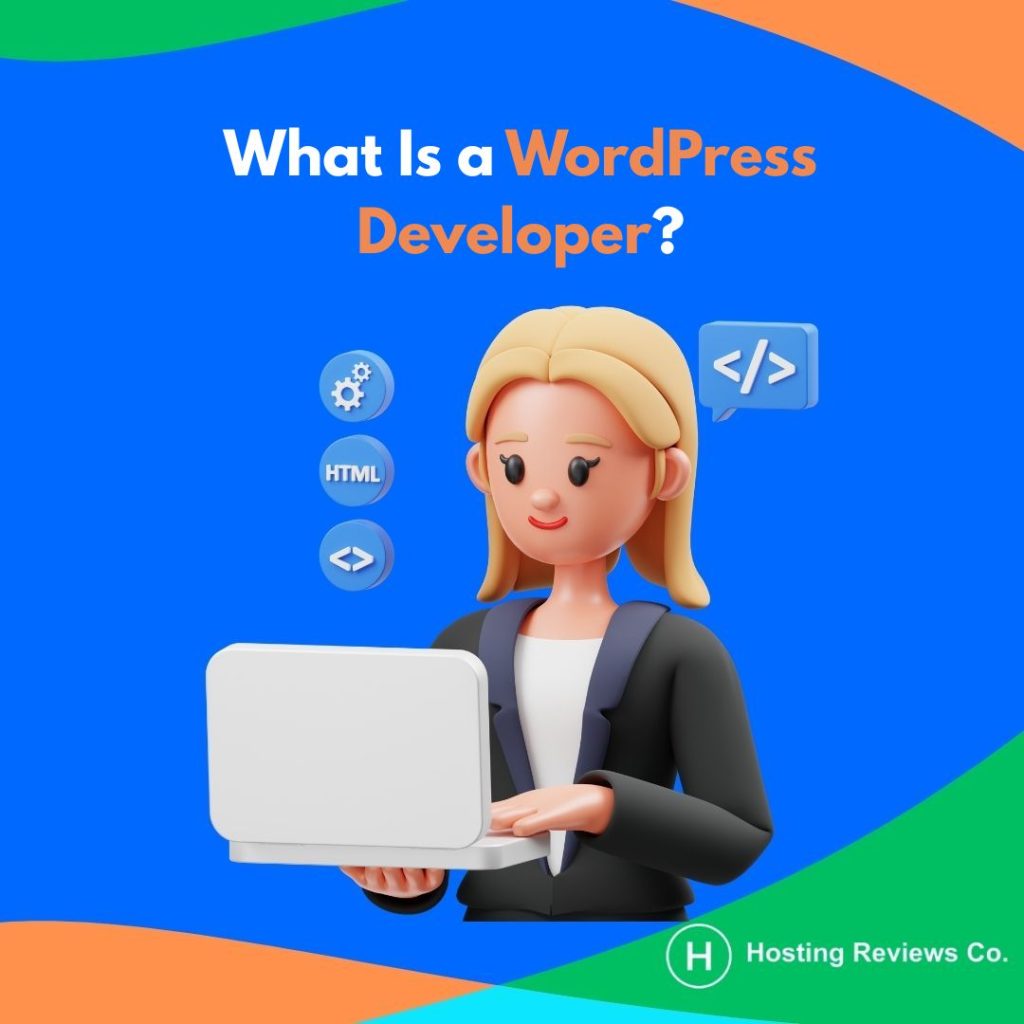When you’re just starting out with websites, it’s easy to get overwhelmed. You hear people say “WordPress this” or “developer that” and wonder what it all really means. So let’s break it down.
A WordPress developer is basically someone who knows how to build or tweak websites using WordPress. Sometimes they just click around and use pre-built tools like themes or plugins. Other times, they write their own code to make things work exactly how they want. It’s kind of like using LEGO blocks—except you get to build custom pieces when the kit doesn’t have what you need.
And the cool part? You don’t need to know everything to get started. In fact, most developers began with zero experience. They just got curious and kept building.

What Does a WordPress Developer Actually Do?
It’s not just drag and drop. A real WordPress developer knows how things work behind the scenes. Some like playing with design—changing colors, layouts, or making things look slick. Others are more into code—writing PHP, working with databases, or adding custom logic to a site.
Let’s say someone wants a simple online store. You could install WooCommerce, pick a theme, change a few colors, and boom—it’s live. But maybe they want a special checkout process or a feature that doesn’t exist yet. That’s where knowing a bit of code helps. You’re not starting from scratch. You’re just making WordPress do what you want.
Why WordPress Is a Great Place to Start
You don’t need to be a tech wizard to get going. WordPress was made so people like us could build real websites without knowing every programming language.
You start with a theme. Add a few plugins—like one for contact forms or SEO. Maybe switch up the font or move a menu. At some point, you’ll get curious and open a file like functions.php. That’s where the real learning begins.
You don’t need to rush it. Every time you try something new, you learn a bit more. And that adds up fast.
Tools You’ll Actually Use
Let’s talk tools—nothing fancy, just what works.
To test things locally, use something like LocalWP or XAMPP. That way you can break things safely without touching a live site. For editing code, go with something like VS Code. It’s free, clean, and easy to use.
Later, you might start using Git to track your changes. Don’t worry about mastering it on day one. Just know it’s handy when your project gets more serious.
And yes—hosting matters. You’ll want something reliable, especially when you move from practice projects to real ones. If you’re looking to compare beginner-friendly and developer-ready hosting options, check out our Best WordPress hosting for developers guide. At Hosting Reviews Co., we explain everything clearly, so it’s easy to understand.
Practice Projects That Help You Learn
You don’t need a client to get experience. Just build stuff for fun.
Start with a portfolio site. Add your name, a photo, a few links, maybe a blog. Next, try a one-page website for a fake coffee shop. Use a free theme, swap in your own images, and tweak the layout.
Once you’re feeling bold, try building a child theme. Or create a tiny plugin that adds a custom message in the footer. You’ll mess things up. That’s normal. The trick is to keep going.
So… Should You Become a WordPress Developer?
If you like solving problems and making stuff work, this path might be for you. You don’t need a computer science degree. You just need a bit of patience and a lot of curiosity.
The truth? Most WordPress developers started out just like you. First, they googled things, then they copied code and after that, they broke their sites and fixed them again.
So what is a WordPress developer? It’s someone who takes ideas—big or small—and turns them into something that lives online. Whether you’re freelancing, working at an agency, or building your own thing, WordPress is a tool that grows with you.

Leave feedback about this